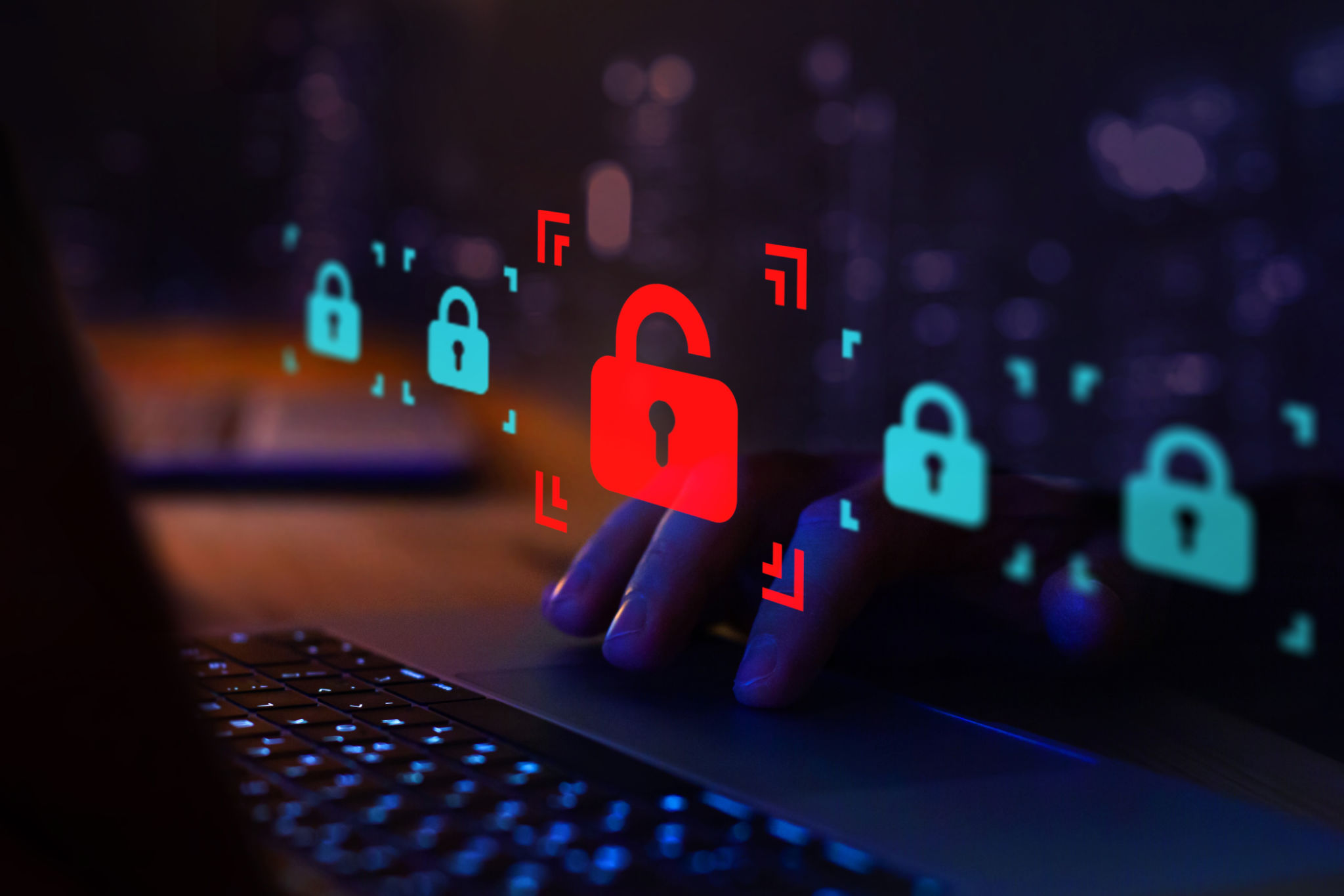Top 5 Misconceptions About Cybersecurity in the UAE
Understanding Cybersecurity in the UAE
As the UAE continues to advance technologically, cybersecurity has become a critical concern for individuals, businesses, and government entities alike. However, several misconceptions about cybersecurity persist, potentially leaving systems vulnerable. This article aims to debunk these myths and provide a clearer understanding of the cybersecurity landscape in the UAE.
Misconception 1: Cybersecurity is Only a Concern for Large Corporations
Many believe that only large corporations need to worry about cybersecurity. This is far from the truth. Small and medium-sized enterprises (SMEs) are often targeted by cybercriminals precisely because they are perceived to have weaker defenses. In fact, SMEs in the UAE should prioritize cybersecurity to protect their assets and customer data from breaches and attacks.

Misconception 2: Antivirus Software Provides Complete Protection
While antivirus software is a crucial component of a cybersecurity strategy, relying solely on it can lead to vulnerabilities. Cybercriminals are constantly developing new methods to bypass traditional antivirus defenses. Therefore, businesses and individuals should adopt a multi-layered security approach, incorporating firewalls, intrusion detection systems, and regular software updates.
Misconception 3: Cybersecurity is Solely an IT Department's Responsibility
Another common misconception is that cybersecurity falls solely under the jurisdiction of the IT department. In reality, cybersecurity is everyone's responsibility. Employees at all levels should be educated about security best practices, such as recognizing phishing attempts and using strong, unique passwords. Creating a culture of security awareness within an organization can significantly reduce the risk of cyber incidents.

Misconception 4: Compliance Equals Security
Many organizations believe that meeting regulatory compliance standards automatically ensures their security. While compliance is important, it does not equate to comprehensive protection against cyber threats. Compliance standards often set a baseline for security measures, but organizations should go beyond these requirements to implement robust security strategies that address specific risks.
Misconception 5: Cyber Attacks Are Always External
There is a prevalent belief that cyber threats always come from external sources. However, insider threats, whether intentional or accidental, pose a significant risk to cybersecurity. Employees with access to sensitive information can inadvertently or deliberately cause data breaches. Implementing strict access controls and regularly monitoring network activity can help mitigate this risk.

Enhancing Cybersecurity Awareness
Addressing these misconceptions is crucial for strengthening cybersecurity measures across the UAE. By understanding that security is a shared responsibility and requires a comprehensive approach, organizations and individuals can better protect themselves against evolving threats. Emphasizing education, adopting advanced security technologies, and regularly reviewing security policies are essential steps toward building a resilient cybersecurity posture.
The UAE's commitment to becoming a global technology leader necessitates robust cybersecurity practices. Staying informed and proactive in addressing cybersecurity challenges will ensure the safety and success of digital ventures in the region.
